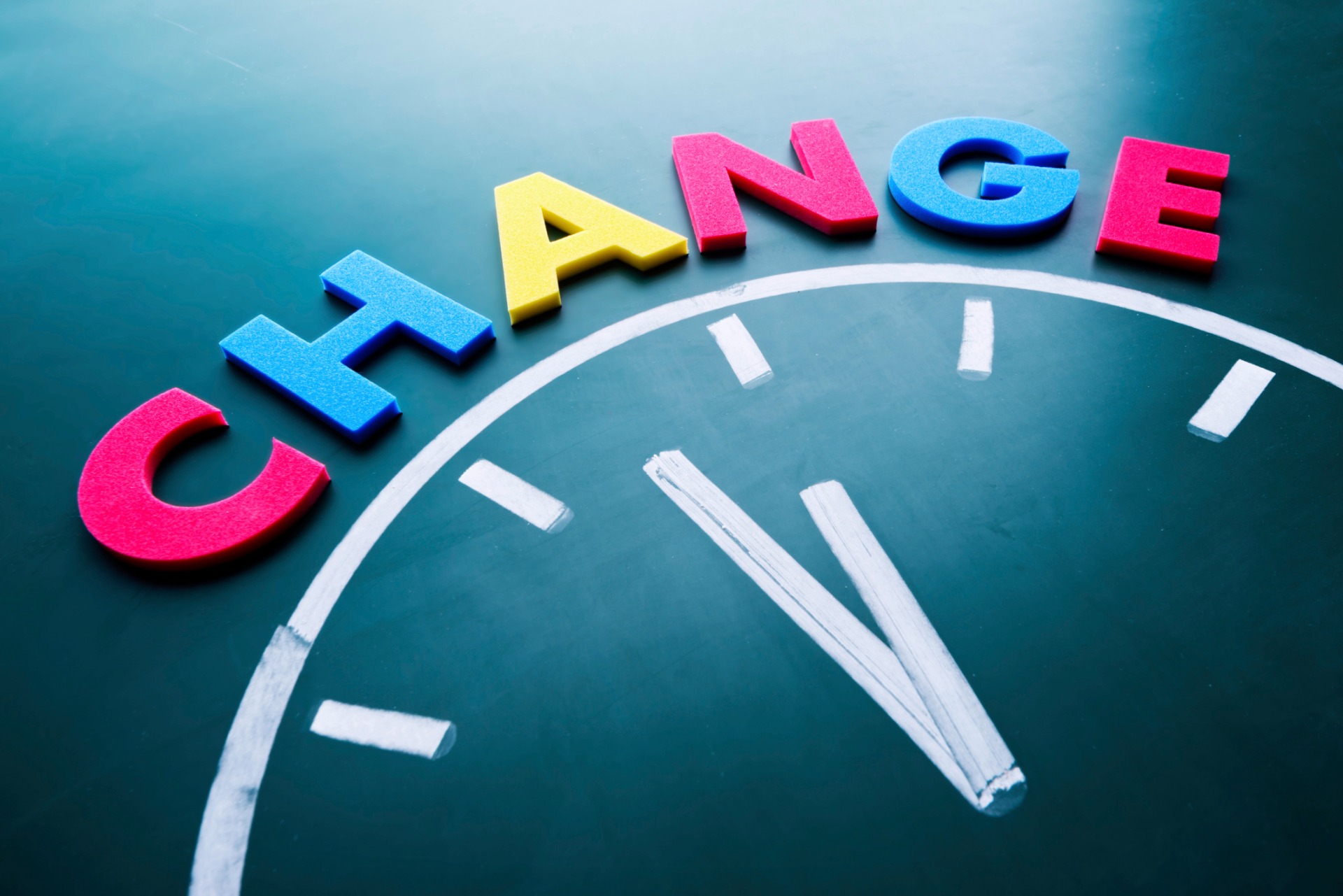If you do what you did...
...you get what you got.
Sounds simple enough right? Do this, get that. Easy, simple, repeatable and predictable. I was thinking about this quote the other day. I find that simple and often used quotes usually just state the obvious. And are rarely applicable to a wide variety of situations.
But like in all sayings and quotes that you might hear on a daily basis in the corporate world, there might be some truth in there. Let's see.
In this case: change nothing and most likely the outcome is exactly what you can expect: the same situation. This statement kind of points towards the 'ceteris paribus' paradigm. Though this paradigm states that if you change one thing, the rest stays the same and the acquired effect is the direct result of this one change.
Unfortunately this is hardly ever true. All kinds of external or internal factors are in play and changing all the time. Exactly because of this fact, the statement in the title seems also not to be true.
If I stop my train of thoughts at this station, one could conclude that change is inevitable. If you don't change, something or someone else will. And change is really hard to control, let alone measuring the results of your change. It could easily be another change that affected your result in a positive or negative way.
But let's not stop here, let's keep this train rolling. The best ideas usually don't appear in the first minutes of thinking, right?
So we want to change. Because hey, if it's inevitable anyway, we might as well take a shot at it.
The question that rises now in my brain is: why? Why do we want to change? Is it only because everything or everyone else is changing anyway? And what should we change?
Key to understand here is: we want only one kind of change. We want improvement. We want to get better at stuff. Mastery is fulfilling. In general it helps to make people happier.
As you might know me as an Agile enthusiast I want to apply this to organisations. Organisations are changing towards becoming more Agile. Also want to become better at stuff like, better products, faster deliveries to the market, etc. These are all very nice goals for an organisation or a company. And Agility can help in this area. If you are more Agile, you can more quickly adapt to the market needs and the faster changing (digital) demands from your customers.
To summarize we have change, improvement, become more Agile and then what? When are organisations or companies Agile enough? Or in other words how can we measure our improvement that is coming from our Agile transformation?
Sounds hard right? Well, it is.
Changing (large) organisations is a complex process and is all about people. And the results feel also somewhat unpredictable. And here's where an Agile mindset can help us.
If you can't predict the outcome, go for the results that you can expect. However small they are. If you do that, you can make adjustments along the way. How? Because you measure your effect, by getting feedback. Are people happier? Is our time to market shorter? Is our idea valid?
Feedback is very powerful. Feedback from your customers is the most powerful but is also a little harder to get than feedback from your stakeholders, your team members, your own people basically. You only need to collect it.
The best and fastest way? Go ask! What are people experiencing? Where do they see improvements? What still needs to be improved? Having these kinds of conversations are the true gems of Agility. Shorter lines of communication, closer collaboration because of better understanding the issues and wishes is extremely valuable in becoming more Agile.
Want to learn more on becoming more Agile? Don't hesitate to contact us.

